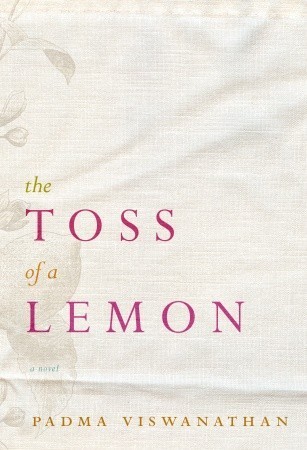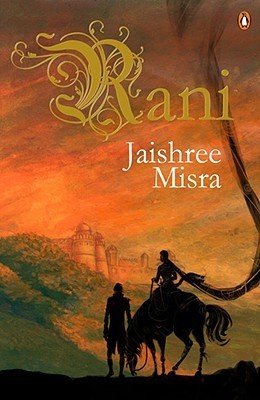
The Rice Mother
Book Description
A mother’s love can nourish or destroy. In the enchanting yet tumultuous world of Malaya, a fiercely resilient woman named Ma strives to protect her family through war, betrayal, and cultural upheaval. Amidst escalating tensions, her children are torn between tradition and the intoxicating promise of independence. Love affairs blossom, secrets unravel, and loyalties are tested, leading to heart-wrenching choices that threaten to shatter their bond forever. As the rice mother holds the power to unite or fracture her family, will she find the strength to embrace change, or will the weight of the past crush them all?
Quick Book Summary
"The Rice Mother" by Rani Manicka is a sweeping multigenerational saga centered around Lakshimi, a young Ceylonese woman married off to an older man in Malaya. Thrust into an unfamiliar world, Lakshimi—who becomes the revered Ma—must navigate the complexities of her new life amid social, political, and familial turmoil. As war, occupation, and cultural change ripple through Malaya, Ma's resilience and fierce love stand at the heart of her family's survival. Yet, her possessiveness and demands also sow seeds of discord, driving wedges between her and her children. Through heartbreak, secrets, and sacrifice, each member of Ma's family grapples with their own desires, traditions, and the inescapable weight of heritage. The novel powerfully explores how a matriarch's love can both nurture and destroy, revealing legacies shaped as much by pain as by affection.
Summary of Key Ideas
Table of Contents
Matriarchy and Family Legacy
The novel begins with Lakshimi's arranged marriage, forging her path from Ceylon to Malaya. She becomes the pillar of a new household, her role bound by both tradition and personal sacrifice. Lakshimi's transformation into Ma is marked by her determination to protect her children from life's harshness, often imposing strict expectations. Through vivid descriptions, the author immerses readers in the textures of immigrant life, balancing nostalgia for the homeland with the need to adapt to unfamiliar surroundings.
Impact of War and Colonization
World War II and the Japanese occupation bring trauma and upheaval to Ma’s family. Her efforts to shield her children from the violent tides of history lead to new depths of suffering. The family endures hunger, violence, loss, and fear, experiences that haunt each generation. The war acts as a crucible, hardening Ma’s resolve but also contributing to the emotional distance and misunderstandings that will later haunt her relationships with her children.
Secrets, Betrayal, and Forgiveness
Secrets and betrayals are woven deeply into the family’s fabric. Ma’s obsession with preserving honor and security fosters secrecy, and her children’s struggles for autonomy reveal the limitations of her protective love. Love affairs, hidden resentments, and traumatic revelations accumulate over years, culminating in moments of confrontation and heartbreaking choices. Yet, there are also moments of forgiveness and redemption, demonstrating the ongoing negotiation between loyalty and independence.
Cultural Identity and Tradition
A central theme is the tension between cultural tradition and the pressures of change. Ma’s children are raised in a hybrid world, torn between the values of their Indian heritage and the burgeoning influences of Malayan society. As they seek out education, relationships, and personal freedom, generational conflicts erupt. The narrative explores how identity is shaped by both inherited customs and the need to carve out new paths, especially in a rapidly changing world.
Survival, Resilience, and Change
Resilience is the connective tissue of the novel. Despite personal heartbreak and the scars of war, Ma continues to anchor her family, her strength both a safeguard and a source of pain. In the end, her legacy is complex: she is both rice mother, who feeds and holds her family together, and a keeper of burdens that sometimes threaten to destroy them. The novel closes as the family faces the future, forever changed by Ma's unwavering, sometimes oppressive, love—and the hardwon understanding that survival often comes at the highest emotional cost.
Download This Summary
Get a free PDF of this summary instantly — no email required.





